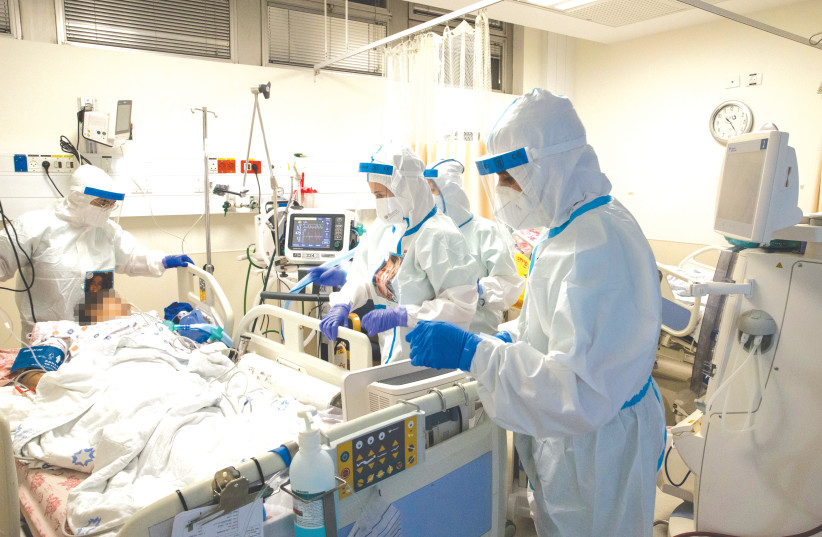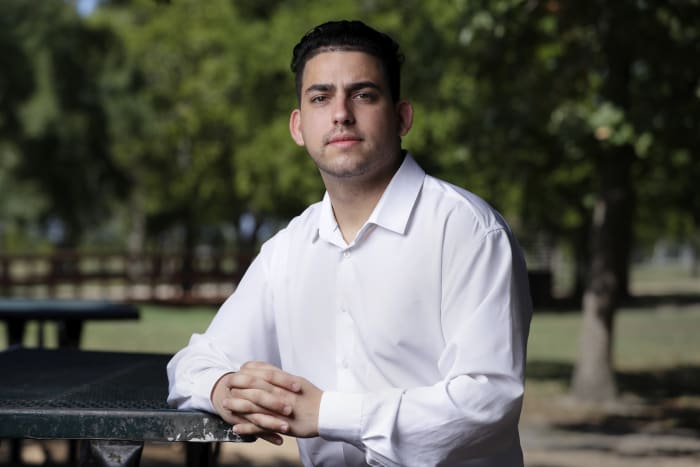This post may refer to COVID-19
To access official information about the coronavirus, access CDC - Centers for Disease Control and Prevention.

www.jpost.com
COVID-19 can kill even months after recovery – new study
Most deaths caused by long-term COVID-19 complications are not recorded as COVID-19 deaths, meaning the commonly used death toll is "only the tip of the iceberg."
Health
Most deaths caused by long-term COVID-19 complications are not recorded as COVID-19 deaths, meaning the commonly used death toll is "only the tip of the iceberg."
COVID-19 survivors have an almost 60% increased risk of death up to six months after infection compared with noninfected people, according to a massive study published over the weekend in the peer-reviewed journal Nature.
That is the equivalent of about eight extra deaths per 1,000 patients over six months.
“When we are accounting for COVID-19 deaths, the actual total of deaths is much higher,” Ziyad Al-Aly, director of the Clinical Epidemiology Center at Washington University in St. Louis and the head of Research and Education Service at Veterans Affairs St. Louis Health Care System, told The Jerusalem Post. He was the lead researcher on the study.
Most deaths caused by long-term COVID-19 complications are not recorded as COVID-19 deaths, Al-Aly said. As such, “what we are seeing now is only the tip of the iceberg,” he added.
To reach their conclusion, Al-Aly and his research team leveraged data from the electronic health databases of the US Department of Veterans Affairs. The study involved more than 87,000 COVID-19 patients: 74,435 users of the Veterans Health Administration who survived at least the first 30 days with COVID-19 after diagnosis and were not hospitalized; and close to five million VHA users who did not have COVID-19. In addition, it included 13,654 hospitalized patients with COVID-19 and 13,997 who were hospitalized with the flu.
The veterans were mostly men (about 88%), but there were still more than 8,800 women with confirmed cases who were analyzed.
All patients survived at least 30 days after hospital admission, and the analysis included six months of follow-up data.
























































